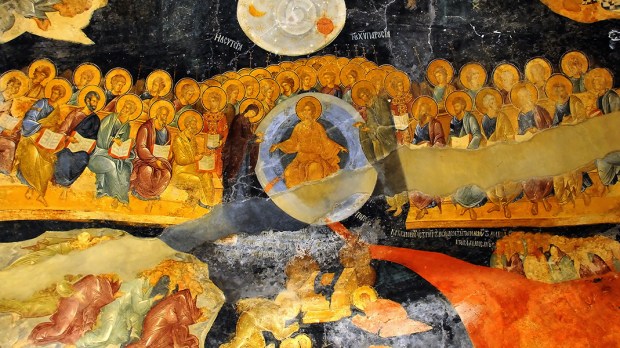While many visionaries have published countless testimonies and messages that they have reportedly received from God, the Church does not require the Christian faithful to believe in any of them.
Whether it is the messages received at Lourdes, Fatima, or even Champion, Wisconsin, the Church does not qualify any of these revelations as “public.”
When an individual claims to have received a message from God, the Church believes the message was delivered for that specific person during that particular time period. The Church does not include such messages in her “deposit of faith,” though she may allow Catholics to believe in them, provided they do not oppose the basic tenets of the faith.
No new public revelation
The Catechism of the Catholic Church explains this belief that everything has already been revealed to us:
“The Christian economy, therefore, since it is the new and definitive Covenant, will never pass away; and no new public revelation is to be expected before the glorious manifestation of our Lord Jesus Christ.” Yet even if Revelation is already complete, it has not been made completely explicit; it remains for Christian faith gradually to grasp its full significance over the course of the centuries.
CCC 66
A recent document from the Vatican’s Dicastery for the Doctrine of the Faith reiterated this teaching:
Jesus Christ is the definitive Word of God, “the First and the Last” (Rev. 1:17). He is the fullness and fulfillment of Revelation; everything God wanted to reveal, he did through his Son, the Word made flesh. Therefore, “the Christian economy, since it is the new and definitive covenant, will never pass away; and no new public revelation is to be expected before the glorious manifestation of our Lord, Jesus Christ.” In the revealed Word, there is everything necessary for the Christian life.
What is the point of private revelation?
If any vision received by an individual is considered “private,” what is the point? Is there any benefit to such revelations?
The key, according to the Vatican, is that these revelations do not add to God’s public revelation, but simply help us to live it out:
While all that God has willed to reveal he has done through his Son and while the ordinary means of holiness are made available to every baptized person in the Church of Christ, the Holy Spirit may grant some people distinct experiences of faith, the purpose of which is not “to improve or complete Christ’s definitive Revelation, but to help live more fully by it in a certain period of history.”
Catholics may not be required to believe in such extraordinary phenomena as Fatima or Lourdes, but they can find benefit in it, so long as it helps them live out their faith and seek holiness.



